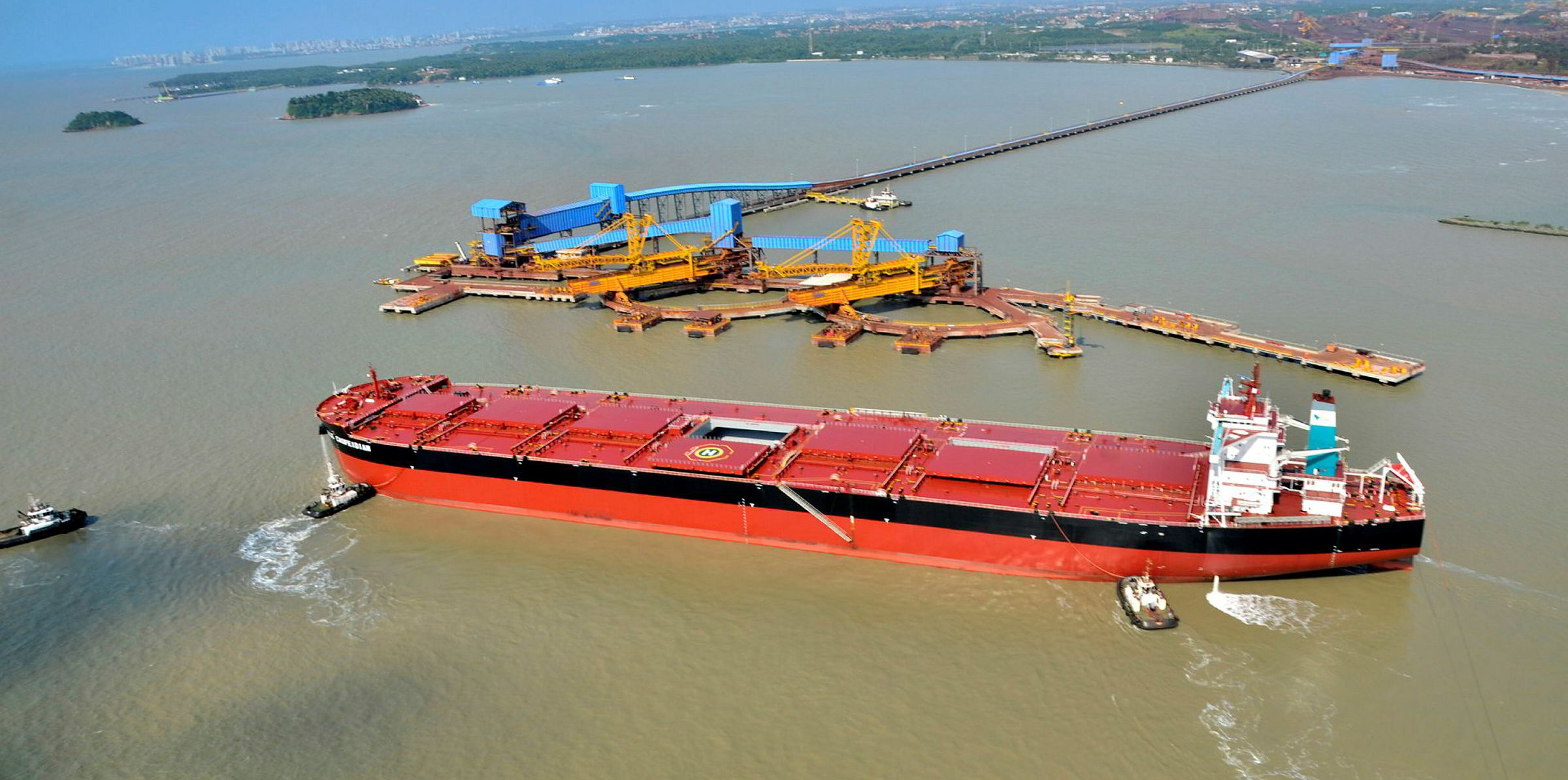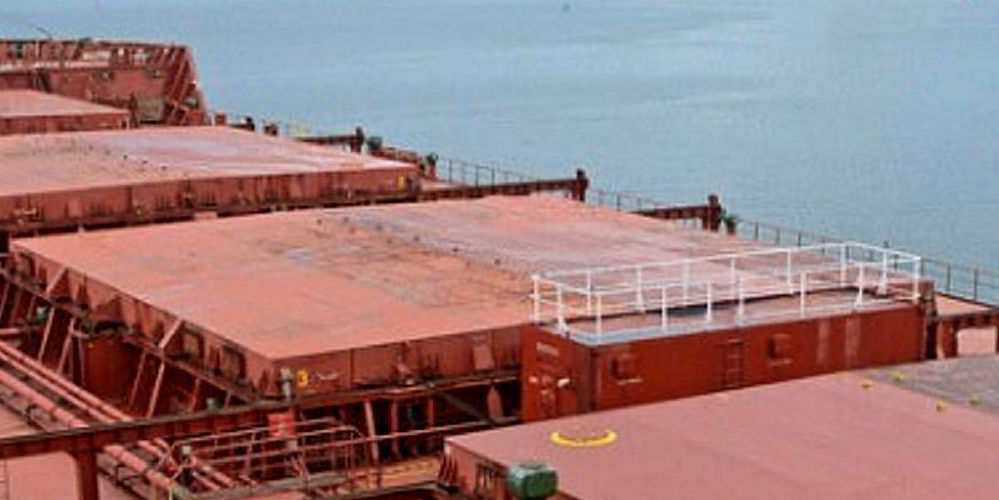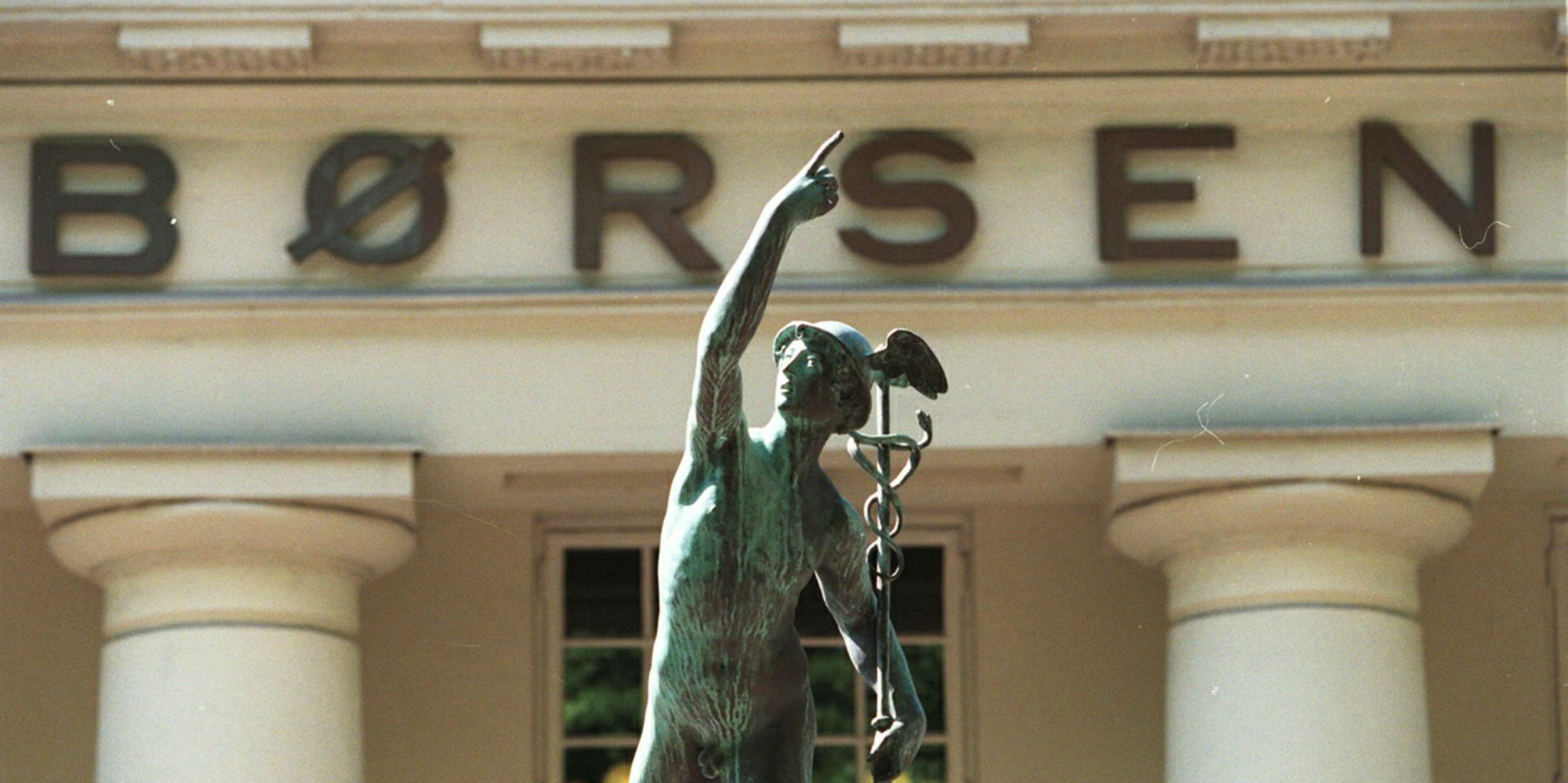Dry bulk stocks and freight rates have had another rough day, following news Vale expects to cut 40m tons of iron ore production over the next one to three years.
Vale decided on Tuesday to decommission 50 tailing dams at its mines in Brazil, following the collapse of one at its facility in Feijao on Friday.
The move will squeeze cargo availability on ex-Brazil shipping routes, but “there is no damage to iron ore demand, only supply”, as analyst Frode Morkedal from Clarksons Platou Securities said today.
“We see sentiment likely being overly pessimistic at present,” said Morkedal.
Nevertheless, Vale’s cuts are adding to the sector-wide downturn being seen across dry bulk shipping.
"Clearly it’s not good news, and adds another headwind to a dry bulk market that was already shaping up to have a difficult 2019," JP Morgan analyst Noah Parquette said.
"Given the long-distance trade, we would expect the negative impact to be focused primarily on the larger capesize, Newcastlemax and Valemax segments of vessels, although the weakness should still filter down to the smaller vessel classes,” Parquette explained.
Dry bulk shares have rough start
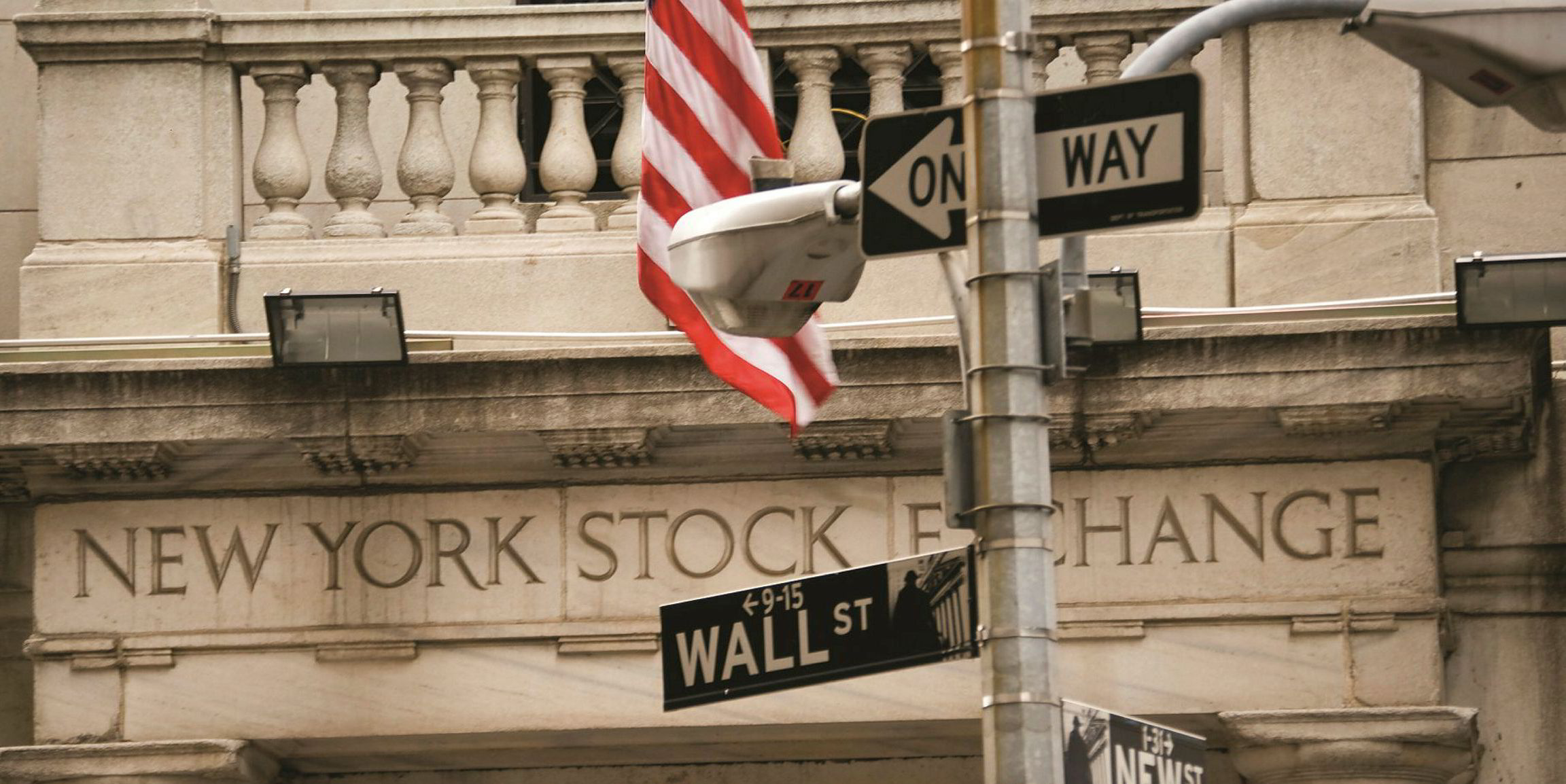
The tragedy and seasonal weakness continued to drive down dry bulk shipping shares today.
The worst affected has been Golden Ocean Group, which tumbled a further 7.9% this morning to $7.90 soon after NASDAQ’s opening bell.
Genco Shipping & Trading slipped 4.3% to $6.95 shortly after markets opened.
Likewise, Star Bulk’s share price fell from $7.17 to a two-year low of $6.91 within six minutes of the New York Stock Exchange opening.
Petter Haugen, an analyst at Kepler Cheuvreux, said the Vale accident had come on top of the normal slowdown around Chinese New Year and unstable weather in Australia.
"All in all we would expect the spot market to stay weak, very weak, for still some weeks," he said.
"But the real worry we have is for the trade war to escalate. We argue that it is the trade war, and its potential devastating secondary effects on the Chinese economy, which is the main reason for the large discount in dry bulk equities."
A mixed bag
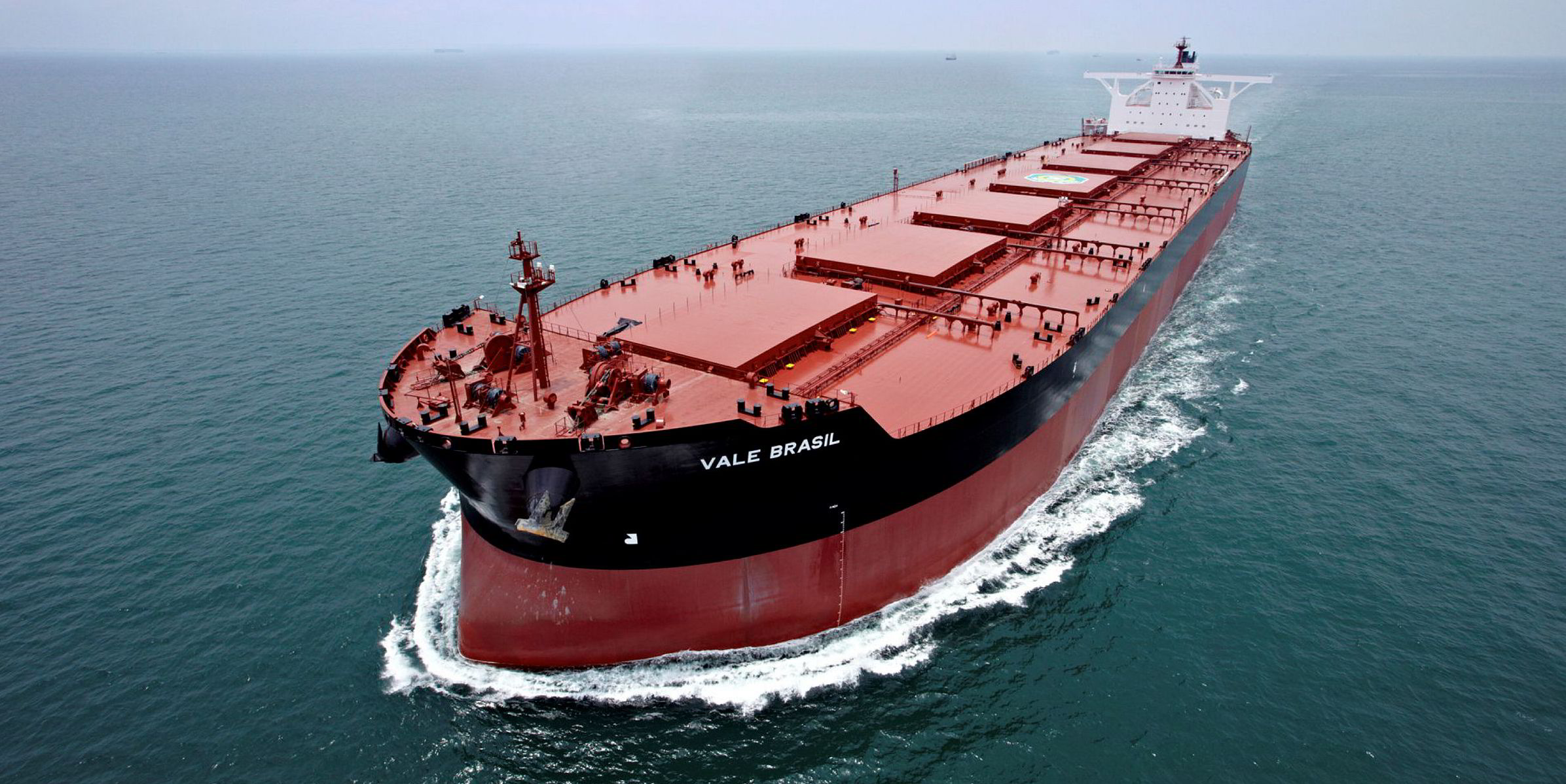
Vale’s possible 40m-ton cut to iron ore production includes the feedstock needed for production of 11m tons of pellets, which will be lost and instead shipped as fines.
These fines will create dry cargo vessel demand that will partially offset any negative impact from shrinking exports of Brazilian iron ore, the analyst said.
“The 40m tons of production associated with the upstream tailings dams will only be shut after the Brazilian government gives the greenlight for Vale’s plan, hence production will not come off immediately (except for the 8m tons from the Corrego do Feijao mine). Vale apparently has 45 days to submit the plan,” Morkedal explained.
Vale also has slack in its system to offset production losses elsewhere, plus the option to blend with other third-party ores, the analyst said.
“Our Metals & Mining team nevertheless thinks Vale might lower full-year production by 15m tons (370-375m ton range),” Morkedal wrote.
Importance of Brazil
According to Braemar ACM, a loss of 40 million tons of production would be taken from spot shipments and equates to approximately 65 standard 180,000 dwt capesize round voyages to China.
It explained around 60 million tons of Brazilian iron ore exports per year are shipped on the spot market. This means a loss of 40 million tons production from the spot market represents around two-thirds of spot requirements assuming no replacement tons.
"This scenario is unlikely over the medium term as replacement tonnes from other systems come on stream, especially from those in the North which export ex Ponta da Madeira," Braemar ACM added.
"However in the short term, this loss of production of Brazilian iron ore output will further add to the woes of a cape market already in freefall."
Impact on spot rates
The Baltic Capesize Index (BCI) has fallen by 25% since the disaster on Friday and was assessed at 1,295 today, down 213 points from Tuesday’s level, according to Baltic Exchange data.
Spot rates have continued to decline on routes for iron ore cargoes ex-Brazil, which has exacerbated the BCI’s rout.
Round-voyage rates on the Baltic’s China to Brazil (C14) benchmark route continue to be the worst affected and have fallen by 27% since Friday.
Rates on the route were assessed today at $9,932 per day, some $1,682 below Monday’s level.
The Baltic’s Tubarao to Rotterdam (C2) benchmark route was today assessed at $6.861 per ton, some $0.361 lower than Tuesday’s assessment.
Similarly, the Tubarao to Qingdao route (C3) saw a decline of $0.819 to $14.295 per ton on Wednesday.
The Bolivar to Rotterdam (C7) benchmark route today fell by a further $0.23 from Tuesday’s assessment to $7.895 per ton.
